Invited Presentations:
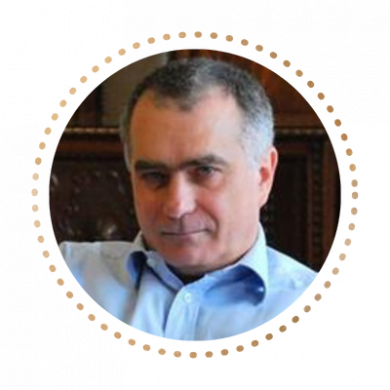
Prof. Jairton Dupont
Faculdad de Quimica, Universidad de Murcia, Murcia (Spain) and Instituto de Química, Universidade Federal do Rio Grande do Sul, Porto Alegre RS (Brazil)
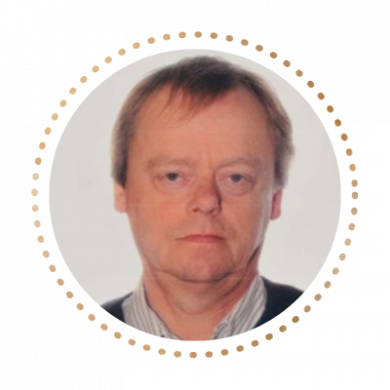
Prof. Geir Martin Haarberg
Department of Materials Science and Engineering, Norwegian University of Science and Technology (NTNU), Trondheim (Norway)
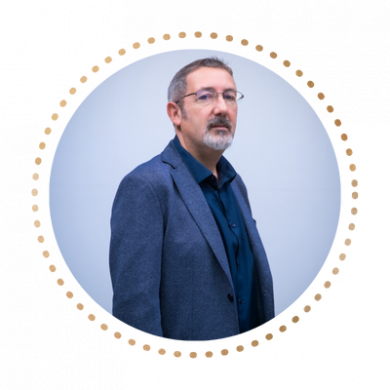
Prof. Dr. Johan Jacquemin
Materials Science, Energy, and Nano-engineering MSN Department, Mohammed VI Polytechnic University (UM6P), Ben Guerir (Morocco)
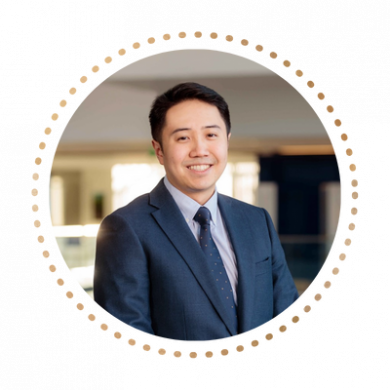
Prof. Stephen T. Lam
University of Massachusetts Lowell (United States of America)
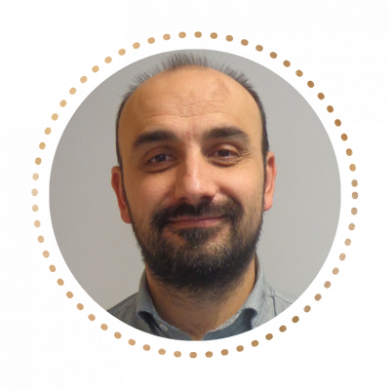
Prof. Héctor Rodríguez
CRETUS, Department of Chemical Engineering, Universidade de Santiago de Compostela, Santiago de Compostela (Spain)
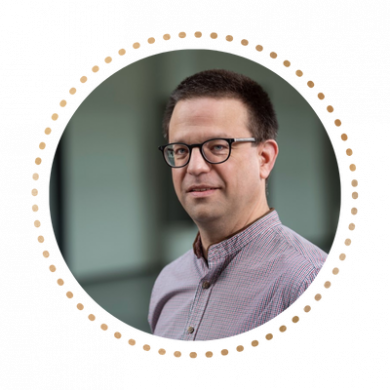
Prof. Andreas Taubert
Institute of Chemistry, University of Potsdam (Germany)
Keynotes Presentations:
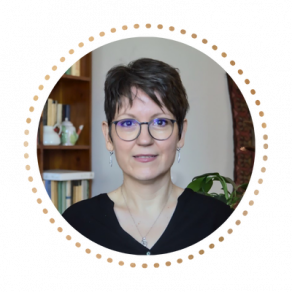
Dr. Magdalena Bendová
Department of Physical Chemistry, University of Chemistry and Technology Prague and Institute of Chemical Process Fundamentals of the CAS, Prague (Czechia)

Prof. Pierre Chamelot
Laboratoire de Génie Chimique (LGC) UMR-CNRS-UPS-INP-5503, Université P. Sabatier Toulouse III, Toulouse (France)
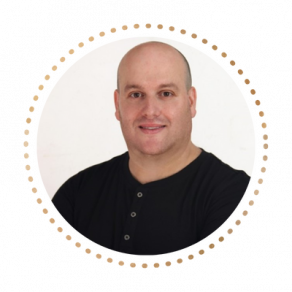
Dr. José Costa
Centro de Investigação em Química da Universidade do Porto (CIQUP), Institute of Molecular Sciences (IMS), Department of Chemistry and Biochemistry, Faculty of Science, University of Porto, Porto (Portugal)
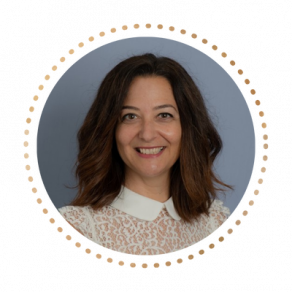
Prof. Cristina Pozo-Gonzalo
ARAID Fellow Instituto de Carboquimica-CSIC, Zaragoza (Spain) and honorary position at Deakin University in Melbourne (Australia)
